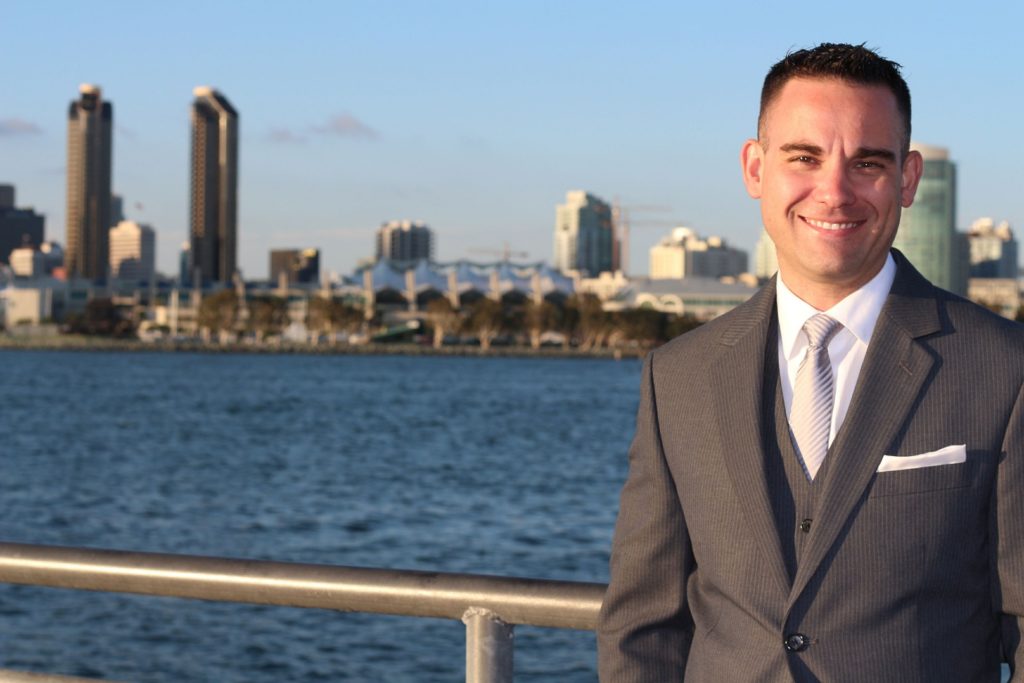
Leaders are Human, Too
Many organizations have created competency models for their leaders. They have consulted leaders and individual contributors and laid out the most important skills, personal characteristics, behaviors, and/or values that leaders need to have to be successful in their company. For example, many organizations identify coaching/mentoring as an important leadership competency. I agree. The ability to coach and develop employees skillfully is critical. How well a leader does this, however, is rooted in a number of different personality characteristics and values and can be different depending on the situation and the person they are coaching! Therefore, some folks are born better coaches/mentors than others. Some are more consistent in their willingness to coach, some coach some people well but not others, or coach better at certain times than others. This kind of complexity is daunting for the average leader…who is neither interested nor trained in personality psychology!
Another complexity in identifying competencies is that as leaders progress up the leadership pipeline, the breadth and depth of competencies required also increases. As an individual contributor, one’s ability to get things done, on time, with quality, is important. It remains so throughout one’s career, but other competencies must be added as you progress. Examples include one’s ability to get along with others, to be easy to work with, and the presence of emotional intelligence. And, at the most senior levels, I’d add the ability to be open-minded and strategic. Different personality characteristics underlie each of these competency “sets,” so to speak. Being a great people leader can and will often interfere with your ability to be results focused!
Underlying all these work-related competencies is the ability for leaders to be resilient, courageous, humble, curious, ambitious, and compassionate. This requires a great deal of self-awareness, self-management, and for lack of a better word, emotional maturity.
As you can see, being a strong leader requires an enormous amount of what I consider to be critical competencies, all executed by one individual, who is often not wired for talent in all these areas. Yes, as you know, senior/executive leadership is hard. It is hard because it requires well-rounded, multi-dimensional human beings with competing and sometimes conflicting personality characteristics. At The Bailey Group, we believe that all of us are in some ways, “incomplete” leaders. And that is okay, and even normal. That is human. The day you become totally and completely skilled and talented in everything executives need to do and be is the day you stop being human. Accepting this impossibility in yourself and others demonstrates the courage, resilience, and humility required to be an effective leader.
We also believe that all executives have within themselves the genius for many aspects of leadership—some of you are amazing thought leaders, some of you are amazing people leaders, some of you are so smart and organized, you can get anything done! And some of you are deeply self-aware and emotionally “healthy.” Chances are, if you are an executive, you already have 2 or more of these overall abilities!
If you lean on the strengths you already have, develop trusting partnerships with those who possess in great measure what you lack, and create teams with diverse, multi-faceted competencies, you will be unstoppable as a leader. I love to help leaders discover the genius within themselves so that they can be the leader (and human) they want to be. Send me an email and let’s talk, human to human!



